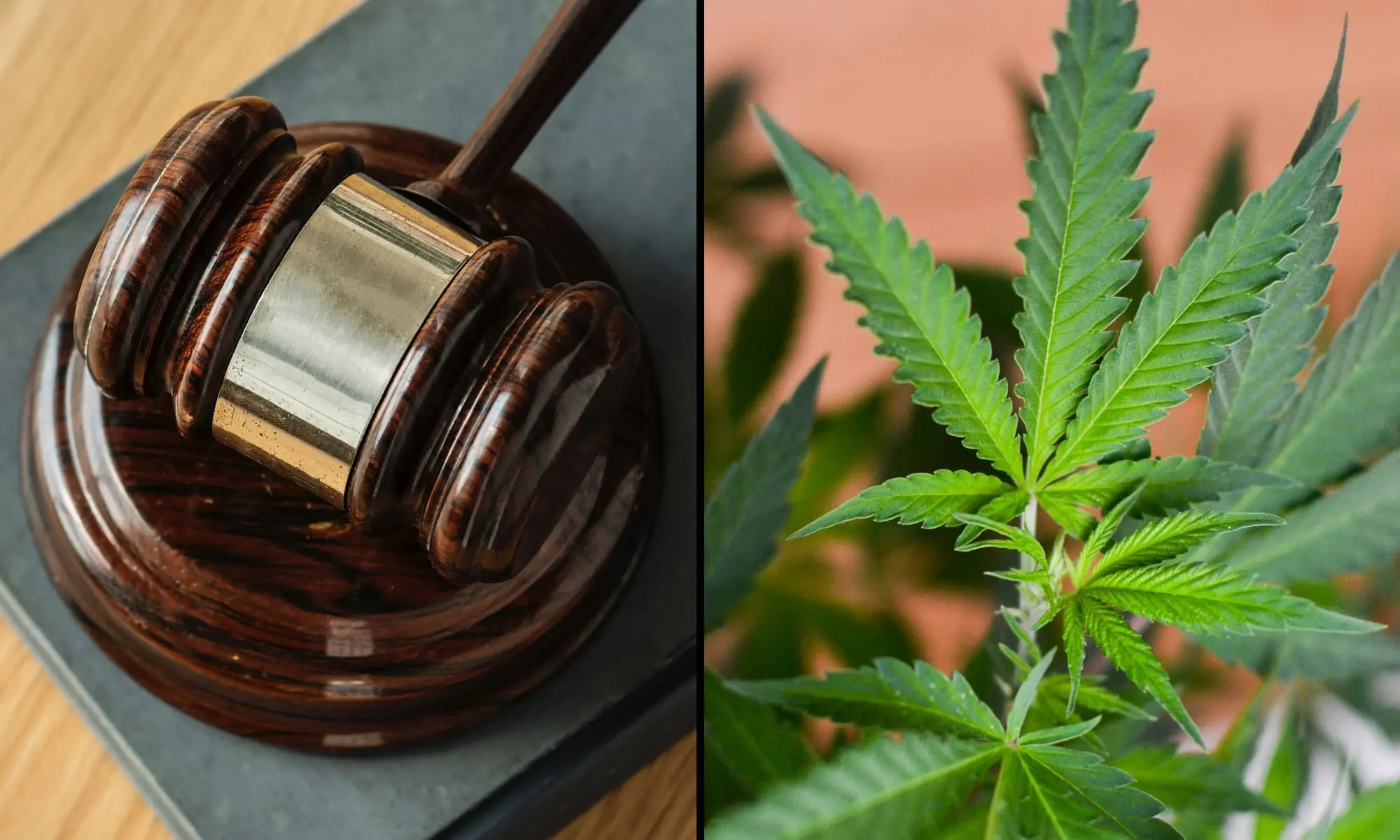Politics
Ohio Judge Blocks Governor’s Hemp Product Ban From Taking Effect

“Today’s decision allows thousands of hardworking Ohio entrepreneurs to continue supporting their families and serving consumers who rely on access to safe, legal, and properly regulated hemp products.”
By Megan Henry, Ohio Capital Journal
Ohio stores can temporarily resume to selling intoxicating hemp products—for now.
Franklin County Court of Common Pleas Judge Carl Aveni granted a 14-day temporary restraining order on Gov. Mike DeWine’s (R) executive order banning the sale of intoxicating hemp products on October 14.
DeWine announced last week a 90-day executive order that bans the sale of intoxicating hemp products that also started on October 14. The next hearing in this case is scheduled for October 28.
Intoxicating hemp products are items that contain THC that are sold anywhere other than licensed marijuana dispensaries including gas stations, smoke shops and CBD stores, among others.
Marijuana is not considered an intoxicating hemp product and is legal in Ohio. This ban does not affect the marijuana law passed by voters in 2023.
“While we continue to fight in court, today’s developments underscore our continued desire to work with the General Assembly to pass permanent legislation regarding intoxicating hemp,” DeWine said in a statement.
Titan Logistic Group, Fumee Smoke and Vape and Invicta Partners—all members of the Ohio Healthy Alternatives Association—filed a lawsuit last week against the ban, arguing DeWine is breaking federal and state law by restricting access to these products.
“Today’s decision allows thousands of hardworking Ohio entrepreneurs to continue supporting their families and serving consumers who rely on access to safe, legal, and properly regulated hemp products,” Ohio Healthy Alternatives Association said in a statement.
The 2018 Farm Bill says hemp can be grown legally if it contains less than 0.3 percent THC.
“The Executive Order is overly broad in that it applies to all hemp and hemp products including those that are legal under the 2018 Farm Bill and Ohio’s current laws,” the lawsuit says.
“It is also vague because there is no definition of ‘intoxicating hemp’ in the Ohio Revised Code or Ohio Administrative Code.”
DeWine—who has been calling on lawmakers to regulate or ban delta-8 THC products since January 2024—spent much of last week’s press conference where he announced the ban talking about the need to protect children from these products.
It was reported in January 2024 that there had been at least 257 reports of delta-8 poisoning in Ohio in recent years—including 102 in 2023 and 40 that involved children under six-years-old, according to the Ohio Poison Control Center.
The plaintiffs, however, disagree.
“Governor DeWine lacks a basis to use an executive order to regulate all hemp products because there is no evidence hemp products pose an imminent threat to public health,” the lawsuit reads.
Ohio has more than 4,000 small businesses and family-owned businesses that sell hemp products, according to the lawsuit.
The Ohio Capital Journal talked to people in the hemp industry who were worried what DeWine’s ban would mean for their businesses and customers.
Hemp products account for all of Titan’s sales and they will be forced to close if the ban goes into effect, according to the court documents.
Approximately 25 percent of Fumee’s sales are hemp products and they expect to fire half of their staff if the ban takes place, according to the court documents.
“Governor DeWine’s order was not only unlawful—it was an abuse of executive authority that threatened to devastate an entire sector overnight,” Dakota Sawyer of American Republic Policy said in a statement. “Today’s decision restores sanity and due process.”
Jim Higdon, co-founder of Cornbread Hemp in Kentucky, which sells its products in more than 300 Ohio retail stores, said the judge’s ruling was a win for Ohio.
“By granting the TRO, the court recognized that Governor DeWine’s reckless executive order should not take effect without proper legislative debate and due process,” Higdon said in a statement.
“This decision protects adult Ohioans’ access to federally legal hemp products and sends a clear message to the legislature that it must act.”
There are a handful of bills in the Ohio legislature that would regulate intoxicating hemp products in various ways.
At least 32 states have some regulations on intoxicating hemp products.
This story was first published by Ohio Capital Journal.
Photo elements courtesy of rawpixel and Philip Steffan.



